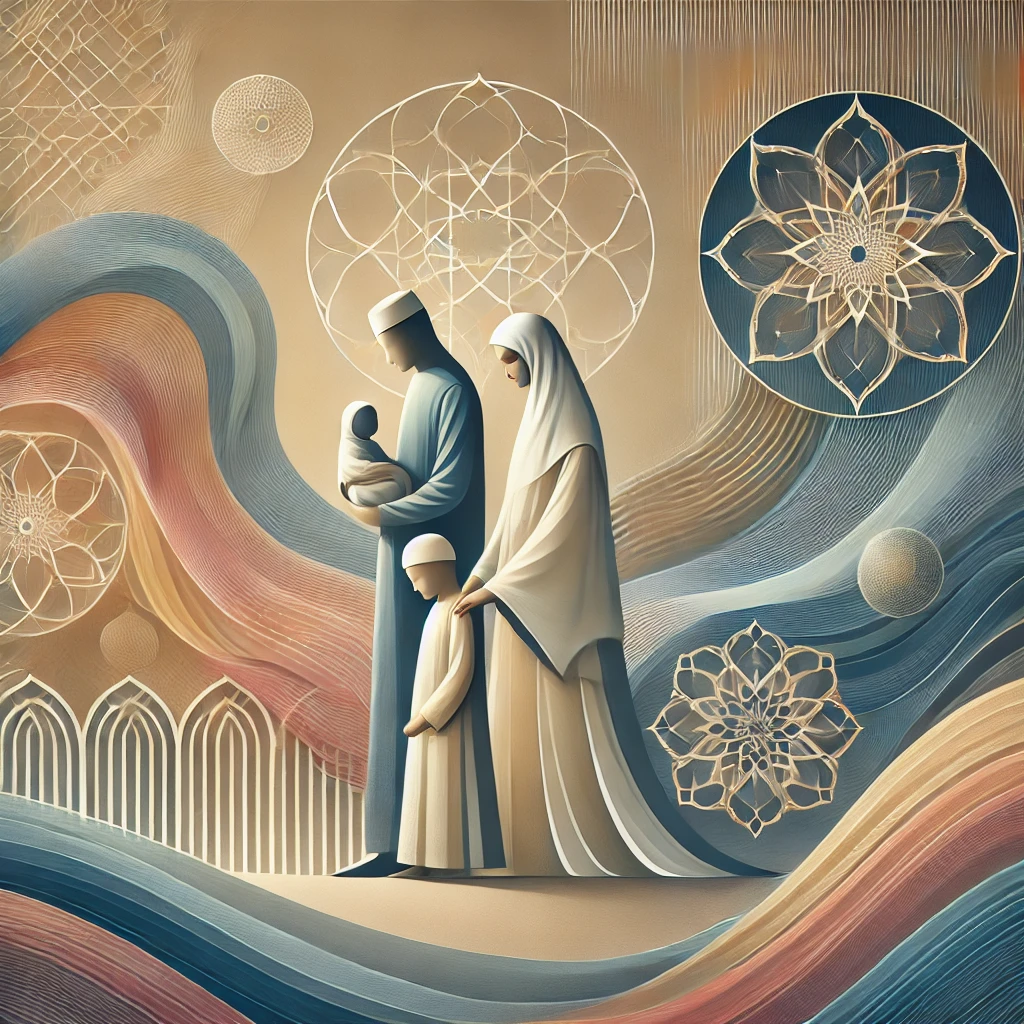Islam is a religion that teaches submission to Allah and adherence to His commands. At its core lie faith (iman) and worship. The fundamental beliefs and the Five Pillars of Islam guide Muslims on how to shape their lives. In this article, we will explore these core beliefs and pillars of Islam.
The Fundamental Beliefs of Islam (Articles of Faith)
Islamic faith is built upon six fundamental beliefs, known as the “Articles of Faith.” These principles guide the life of a Muslim:
- Belief in Allah: The core belief of Islam is in the oneness of Allah. He is the creator, sustainer, and ruler of everything. Belief in Allah requires worshiping Him alone and associating no partners with Him.
- Belief in Angels: Angels are unseen beings created by Allah. They carry out His commands and never disobey Him. Angels like Gabriel (Jibril), Michael (Mikail), Israfil, and Azrael hold significant roles in Islam.
- Belief in the Books: Allah has sent down holy scriptures to guide humanity. The Quran is the final and most complete guidance in Islam. Other scriptures like the Torah, Psalms, and Gospel are also acknowledged in Islam.
- Belief in the Prophets: Allah has sent prophets to guide people to the right path. Prophet Muhammad (peace be upon him) is the final prophet who conveyed the ultimate message of Islam to humanity.
- Belief in the Day of Judgment: Islam believes in resurrection after death and the Day of Judgment. Every individual will be held accountable for their actions on this day.
- Belief in Divine Destiny (Qadar): Islam holds that everything occurs by the will and knowledge of Allah. Every event, good or bad, is within His divine decree.
The Five Pillars of Islam
The Five Pillars of Islam are the basic acts of worship that every Muslim must fulfill. They serve as a roadmap for Muslims to put their faith into practice:
- Shahada (Testimony of Faith): “Ashhadu an la ilaha illallah wa ashhadu anna Muhammadan abduhu wa rasuluh.” This declaration, meaning “I testify that there is no god but Allah, and Muhammad is His servant and messenger,” is the foundation of entering Islam.
- Salah (Prayer): The five daily prayers signify a Muslim’s devotion and submission to Allah. Salah is crucial for spiritual growth and strengthening one’s connection with Allah.
- Sawm (Fasting): Observing fasting during the month of Ramadan is one of the Five Pillars. Fasting aims to discipline the soul, increase patience, and enhance piety.
- Zakat (Charity): Muslims who are financially able are required to give a portion of their wealth to those in need. Zakat plays a vital role in achieving social justice and community support.
- Hajj (Pilgrimage): Every Muslim who is able must perform the pilgrimage to Mecca at least once in their lifetime. Hajj represents unity and devotion to Allah within the Muslim community.
The fundamental beliefs and the Five Pillars of Islam define a Muslim’s faith and way of life. These beliefs and acts of worship are crucial for personal development, spiritual purification, and social solidarity. Muslims aim to center their lives around these principles to draw closer to Allah and attain happiness in the hereafter.










